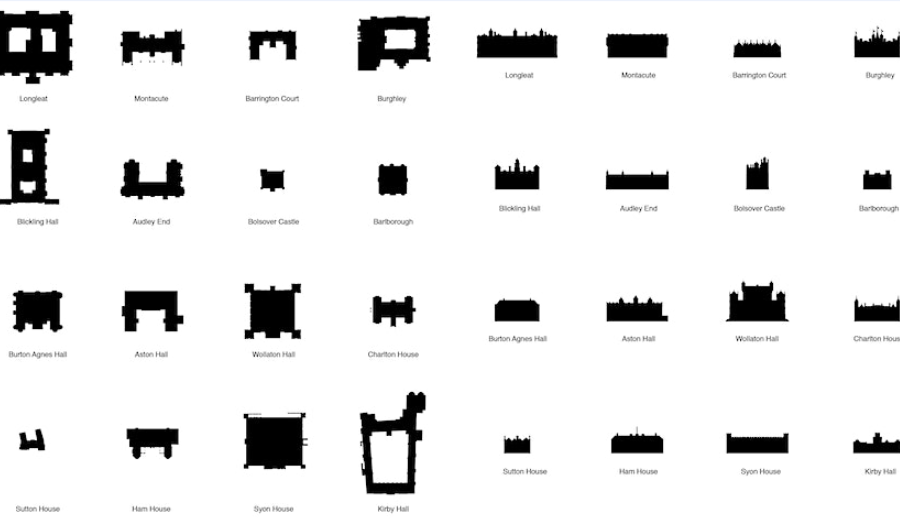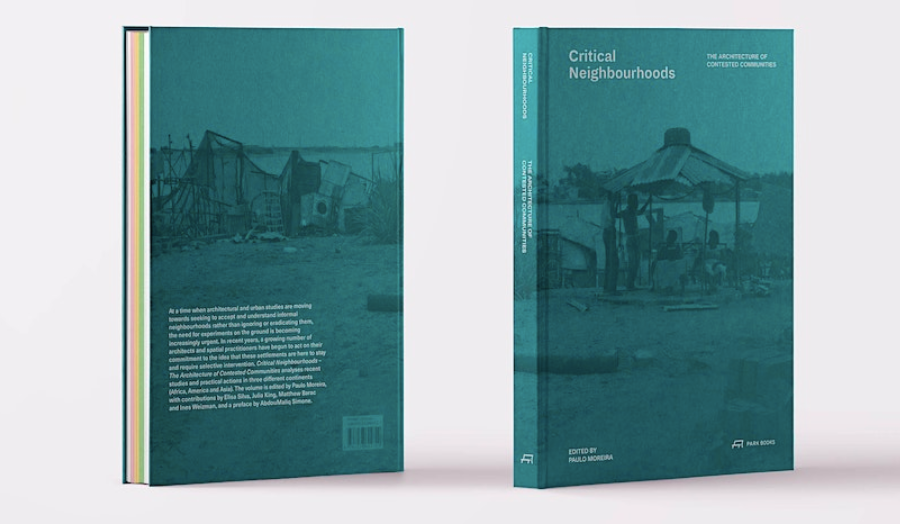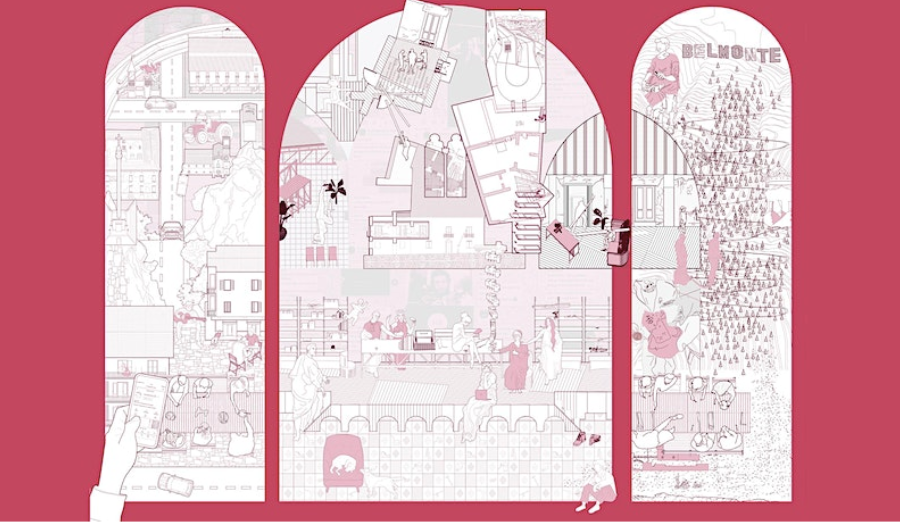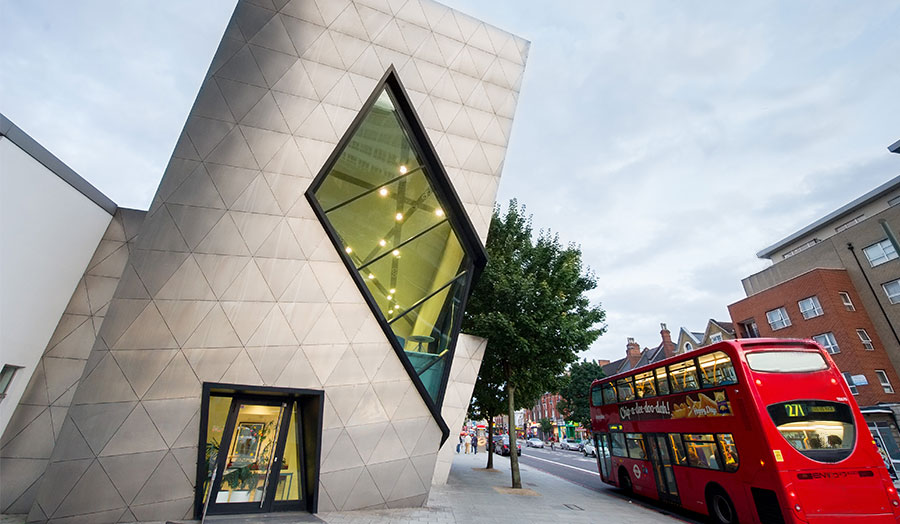About this event
Although architects have been implicated in the worst excesses of neoliberalism and capitalism, there is also an important alternative tradition of built environment individual practitioners, such as Yasmeen Lari, and groups, like Architecture Sans Frontières, committed to equality and social justice. Working with marginalised communities, using participatory methods and local materials, architects like these co-create buildings at a time of climate crisis to produce sustainable, equitable communities. But, designing in societies whose priorities are very different, how far can architecture go in centring the needs of care and carers? Is it possible to ‘design in’ care? And could cities become models of care?
Speakers
Elke Krasny is Professor for Art and Education and Head of the Department of Education in the Arts at the Academy of Fine Arts Vienna. Her scholarship, academic writings, curatorial work, and international lectures address questions of care at the present historical conjuncture with a focus on emancipatory and transformative practices in art, curating, architecture and urbanism. The 2019 exhibition and edited volume Critical Care. Architecture and Urbanism for a Broken Planet, curated and edited together with Angelika Fitz, was published by MIT Press and introduces a care perspective in architecture addressing the anthropocenic conditions of the global present. Her 2020 essay, ‘In-Sorge-Bleiben. Care-Feminismus für einen infizierten Planeten‘, develops a care-ethical perspective for pandemic times and was published by transcript in Michael Volkmer’s and Karin Werner’s volume Die Corona-Gesellschaft.
Juliet Davis is Professor of Architecture and Urbanism and Head of School at the Welsh School of Architecture, Cardiff University. Her teaching and research span the fields of Architecture, Urban Design and City Planning History/theory, reflecting interests in regeneration and the making of post-industrial cities, and in the politics and ethics of design practice. Juliet completed an AHRC-funded PhD at the London School of Economics’ Cities Programme in 2011 focussed on the concepts and processes of planned regeneration in east London connected to the 2012 Olympic Games. She practised architecture and urban design in London for ten years before entering academia in 2007, contributing to Eric Parry Architects’ regeneration of St. Martin in the Fields amongst other projects. She studied Architecture at Cambridge University, graduating with a First in the BA in Architecture in 1995 with a Commendation for the Diploma in Architecture (Part II) in 1999. She is the author of The Caring City: Ethics of Urban Design.
Beatrice De Carli is a Reader in Urbanism and the Deputy Director of the Centre for Urban and Built Ecologies at London Metropolitan University. Her scholarship, teaching, and practice employ a collaborative, design-based approach to address issues of equity, diversity and social justice in the making of urban space. Recent projects include RAUM: Researching Alternate Urban Methods (Joint PI, 2016–2018), DESINC: Designing Inclusion (PI, 2016–2018) and DESINC Live: Designing and learning in the context of migration (Co-I, 2019–2022). She is part of the Urban Commons Research Collective and co-authored the Urban Commons Handbook published by dpr-barcelona in 2022. Integral to her academic commitments, is her work as a volunteer managing associate of the non-profit design organisation Architecture Sans Frontières UK. As part of ASF-UK she has led research and knowledge exchange projects on community-led design and planning in London, Quito, Freetown, Cape Town and currently, Johannesburg.
Discussant
Bo Tang is Reader in Architecture and coordinator of the Architecture of Rapid Change and Scarce Resources (ARCSR) research group at London Metropolitan University. Her work focuses on the nature of collaborative hands-on making and the culture of bottom-up city-making, explored and examined through her teaching, research and live projects in India, Nepal, Sierra Leone, Greece and the UK. She is co-editor with Shamoon Patwari of Learning From Delhi (2010) and The Architecture of Three Freetown Neighbourhoods (2013), and co-author with Professor Maurice Mitchell of Loose Fit City: The Contribution of Bottom-Up Architecture to Urban Design and Planning (2018).
Chair
Anne Karpf is Professor of Life Writing and Culture at London Metropolitan University. A writer, sociologist and award-winning journalist, she teaches on the Creative, Digital and Professional Writing MA, supervises MA and PhD students and is co-organiser of the University's Centre for Life Writing and Oral History (CLiOH). Her books include The Human Voice: The Story of a Remarkable Talent (Bloomsbury; Bloomsbury USA; and translated into German, Japanese and French). How to Age published in the UK by Pan Macmillan, in the US by Picador and translated into ten languages. She co-edited A Time to Speak Out: Independent Jewish Voices on Israel, Zionism and Jewish Identity (Verso). Her new book on women and the climate crisis, How Women Can Save the Planet (Hurst), was published in 2021 and draws on her longstanding interest in the environment, care and gender.
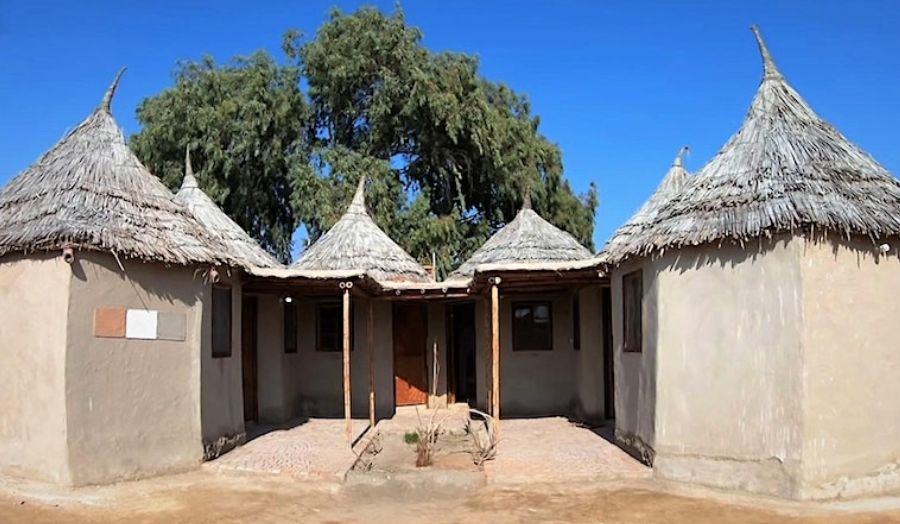
Details
| Date/time | Wednesday 03 May 2023, 5.30-7.30 pm GMT |
|---|---|
| Book ticket | Event ended |
| Location | 25 Old Castle Street Wash Houses London E1 7NT United Kingdom |
Architectures of Care
Although architects have been implicated in the worst excesses of neoliberalism and capitalism, there is also an important alternative tradition of built environment individual practitioners, such as Yasmeen Lari, and groups, like Architecture Sans Frontières, committed to equality and social justice. Working with marginalised communities, using participatory methods and local materials, architects like these co-create buildings at a time of climate crisis to produce sustainable, equitable communities. But, designing in societies whose priorities are very different, how far can architecture go in centring the needs of care and carers? Is it possible to ‘design in’ care? And could cities become models of care?

